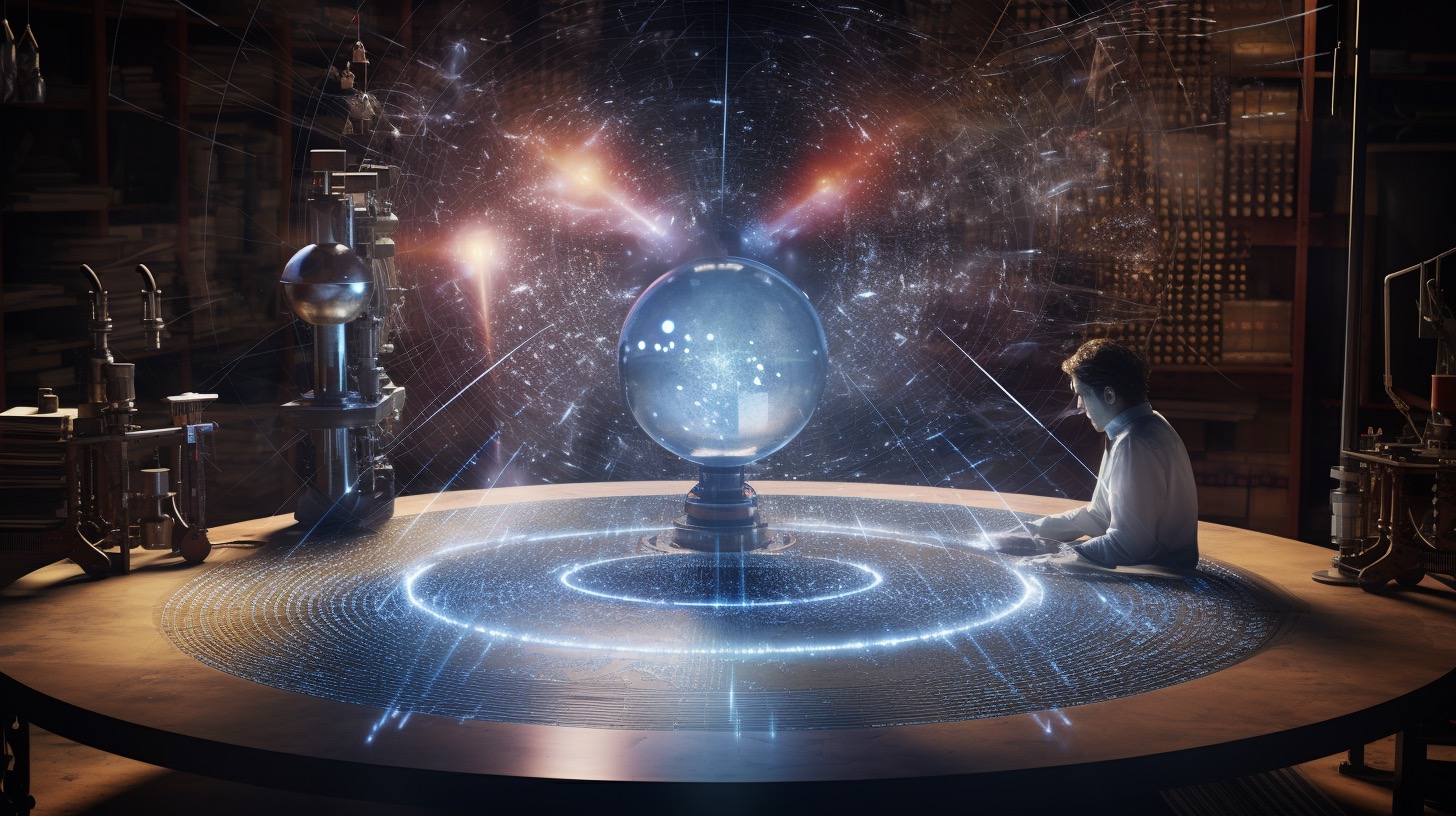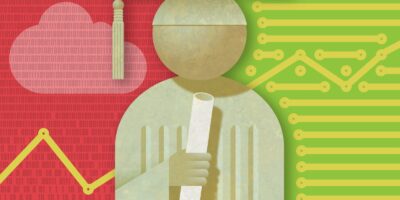
Understanding the intricacies of quantum computing technology is no small feat. Quantum computers hold the promise of revolutionizing industries and solving complex problems that classical computers can’t tackle efficiently. However, their capabilities come with a web of complexities, classes, problems, and limitations that require a deep dive to comprehend fully.
What is Complexity in Quantum Computing?
Quantum complexity is often measured in terms of how efficiently quantum algorithms can solve certain problems compared to their classical counterparts. While classical computers use bits as the fundamental unit of information, quantum computers utilize qubits. Qubits introduce the concept of superposition, allowing them to represent multiple states simultaneously. This quantum parallelism can exponentially increase the computational power, leading to the exploration of complex problems that would be infeasible for classical computers to solve within a reasonable timeframe.
What are the Complexity Classes for Quantum Computing?
In the realm of quantum computing, several complexity classes have emerged to classify problems based on their computational difficulty. One notable class is BQP (bounded-error quantum polynomial time), which represents problems that a quantum computer can solve efficiently with a bounded probability of error. This class encompasses various problems, including factoring large numbers – a crucial element in breaking classical encryption schemes.
Another class is QMA (quantum Merlin-Arthur), which extends beyond BQP to capture problems where a quantum computer can provide a solution that can be efficiently verified classically. Complexity classes like these help researchers categorize problems according to their quantum computational requirements.
What are the Major Problems in Quantum Computing?
As quantum computing advances, several challenges loom on the horizon. One of the prominent issues is quantum error correction. Qubits are highly susceptible to environmental noise and interference, making it challenging to maintain their fragile quantum states over extended periods. Researchers are actively exploring quantum error correction codes to address this hurdle and make quantum computations more reliable.
Additionally, quantum algorithms for specific problems, such as simulating quantum systems or optimizing complex functions, are still in their infancy. Developing quantum algorithms that outperform classical counterparts for a wide range of practical problems remains an ongoing research focus.
What is the Major Limitation of Quantum Computing?
Despite their potential, quantum computers face a significant limitation – scalability. Building large-scale quantum computers with thousands or millions of qubits, necessary for solving complex real-world problems, is a formidable task. Quantum decoherence, which causes qubits to lose their quantum properties when interacting with the environment, becomes more challenging to mitigate as the number of qubits increases. This scalability issue poses a fundamental barrier to realizing the full potential of quantum computing.
Quantum complexity classes, ongoing research into quantum algorithms, and the quest for error correction techniques all highlight the dynamic nature of this domain. Yet, the ultimate limitation, the scalability hurdle, underscores the need for continuous innovation and investment in quantum computing to unlock its transformative potential.


